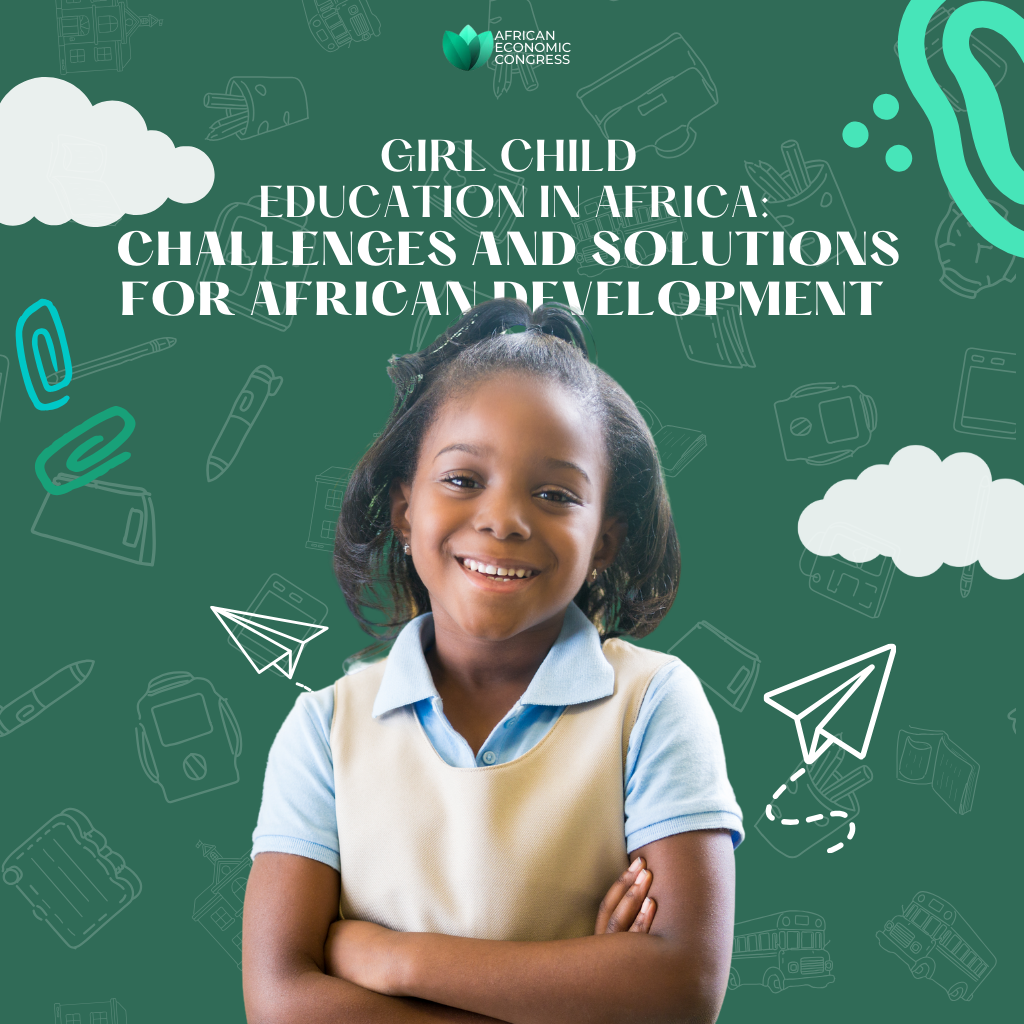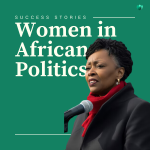Education can change people’s lives and entire societies. For Africa to thrive and develop, educating all its children, especially girls, is essential. However, despite significant progress, many African girls still face numerous barriers to education. Let’s explore the challenges they face and the solutions that can help overcome these barriers, paving the way for a brighter future.
The Importance of Educating Girls
Educating girls is not just a matter of fairness; it’s a smart investment. When girls are educated, everyone benefits.
- Economic Growth: Educated girls grow up to contribute more effectively to their economies.
- Empowerment: Education gives girls the knowledge and confidence to make their own choices in life, reducing gender inequality.
- Community Development: Educated girls often become leaders who advocate for improvements in their communities and countries.
Challenges Faced by Girls in Africa
- Poverty: Many families in Africa live in poverty and can’t afford school fees, uniforms, or supplies. When parents have to choose which child to send to school, boys are often prioritised.
- Cultural Practices: In some communities, traditional beliefs and practices discourage girls from attending school. For example, early marriage and preference for boys’ education are common.
- Child Labour: Some girls don’t go to school; they just work for their families. This is particularly common in rural areas where girls might be needed to help with farming or household chores.
- Health Issues: Lack of proper sanitation and access to water in schools can make it difficult for girls to attend, especially when they are menstruating.
Solutions for Improving Girl Child Education
Addressing these challenges requires a multi-faceted approach. Here are some effective solutions:
- Affordable and Accessible Education: Governments and organisations should provide affordable education and remove all hidden costs like uniforms and supplies. Scholarships and financial support can help families afford to send their daughters to school.
- Community Engagement: Educating parents and community leaders about the importance of girls’ education can help change cultural attitudes. Role models and success stories of educated women can inspire communities.
- Safe School Environments: Schools should be safe and welcoming for girls. This includes having separate sanitation facilities for girls, secure transport options, and policies against harassment and violence.
- Flexible Learning Options: Offering alternative learning schedules and community-based education can help girls who have to work or care for siblings continue their education.
- Health and Nutrition Programmes: Providing meals, health education, and sanitary products can ensure that girls stay healthy and attend school regularly.
- Legal Frameworks: Enforcing laws that mandate education and prohibit child marriage can protect girls’ rights and keep them in school.
Real Stories, Real Change
Many initiatives across Africa are making a difference. The Educating Nigerian Girls in New Enterprises (ENGINE) programme, for instance, assists girls in advancing their education and obtaining jobs in Nigeria. In Kenya, the “Let Girls Learn” initiative focuses on community engagement and building schools that meet girls’ needs.
Educating girls is one of the keys to unlocking Africa’s full potential. By overcoming the challenges and investing in girls’ education, Africa can achieve sustainable development and create a future where every child, regardless of gender, has the opportunity to thrive. It’s time for everyone—governments, communities, and individuals—to work together and ensure that every girl in Africa has access to quality education. By addressing these challenges and implementing these solutions, we can ensure that all girls in Africa get the education they deserve, leading to a more prosperous and equitable continent for all.


